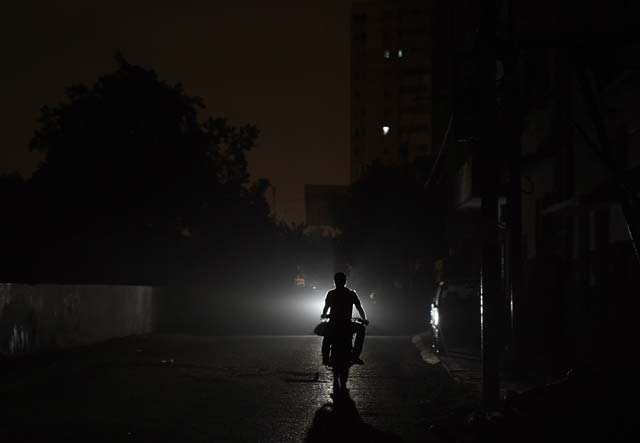
Marco Indelicato, the programme manager for IFC’s Lighting Pakistan and Afghanistan initiative, made the offer to RSPs on the first day of a two-day annual Strategy Retreat being held in Bhurban.
During the annual event RSPs, community organisation members, donors, government and other development programme stakeholders work with existing and new partners along with other supporters to review key strategic aspects of the RSP programmes focusing on poverty alleviation.
World Bank assures financial and technical assistance for Pakistan's hydro-power projects
The Lighting Pakistan programme is sponsored by five European countries through the IFC, would see vendors trained to convince people living in far flung areas and not connected to the national grid, to use alternate energy appliances such as those working on solar power.
In this regard, the IFC would be offering two solutions through local partners - lease and utility.
In the first model, small appliances such as two solar-powered lanterns, and a solar-powered fan can be provided to local communities on easy instalments which can be paid back over 12 to 24 months free of interest.
In the utility model, the local partner organisation would act as a distributor and work as a small service company. This company would get fixed bills from consumers while the World Bank would ensure the quality of devices provided under the programme.
The programme would initially last for four years but it could be extended for another two years.
Sharing IFC’s experience of running a similar a programme in Africa, Indelicato claimed that the model of ‘pay as you go’ had been popular there. He added that Pakistan had immense potential for such a programme since around 75 million people in the country either have no electricity or face acute power disruption in the form of frequent load-shedding.
Earlier, Rural Support Programme Network (RSPN) Chief Executive Shandana Khan gave an overview of their network in the country. RSPN consists of a network of ten RSPs and the Institute of Rural Management, a training institute. Since
She said that concrete measures for poverty alleviation to achieve sustainable development goals was crucial to foster people’s own institution, which work as social pillars while supplementing and complementing the political and administrative pillars.
Shandana further explained that the centre-piece of the RSP approach is the belief that since poverty is experienced at the household level, the poor need to organise themselves, begin capital formation, and improve their skills.
IESCO to launch new electricity meters
RSPs, she said, provide social guidance as well as technical and financial assistance to the rural poor through three-tiered social mobilisation approach to Community Driven Development (CDD).
The CCD has seen the 397,076 community institutions built which work with RSPs and with other partners, she added.
Narrating her story Jamila Bibi, a member of a local support organisation from Rajanpur, said that just because of training on rights, they were able to stop a child marriage.
“We saved a 12 years old girl from being married in wani to a man in mid-40s, and that too without the intervention of courts and police,” she said
Jamila Bibi highlighted that a local jirga had announced the verdict, but the poor girl’s grandmother brought the case to the Local Support Organisation (LSO) where she worked.
Published in The Express Tribune, May 21st, 2017.





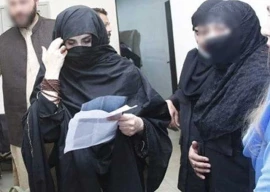
1732012115-0/Untitled-design-(14)1732012115-0-270x192.webp)
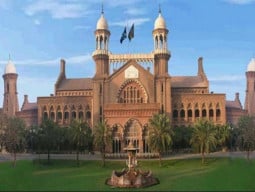
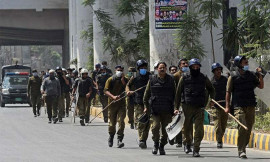
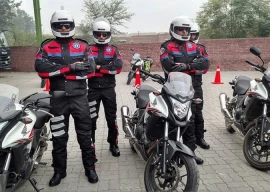





1734587529-0/Express-Tribune-(1)1734587529-0-270x192.webp)







COMMENTS
Comments are moderated and generally will be posted if they are on-topic and not abusive.
For more information, please see our Comments FAQ